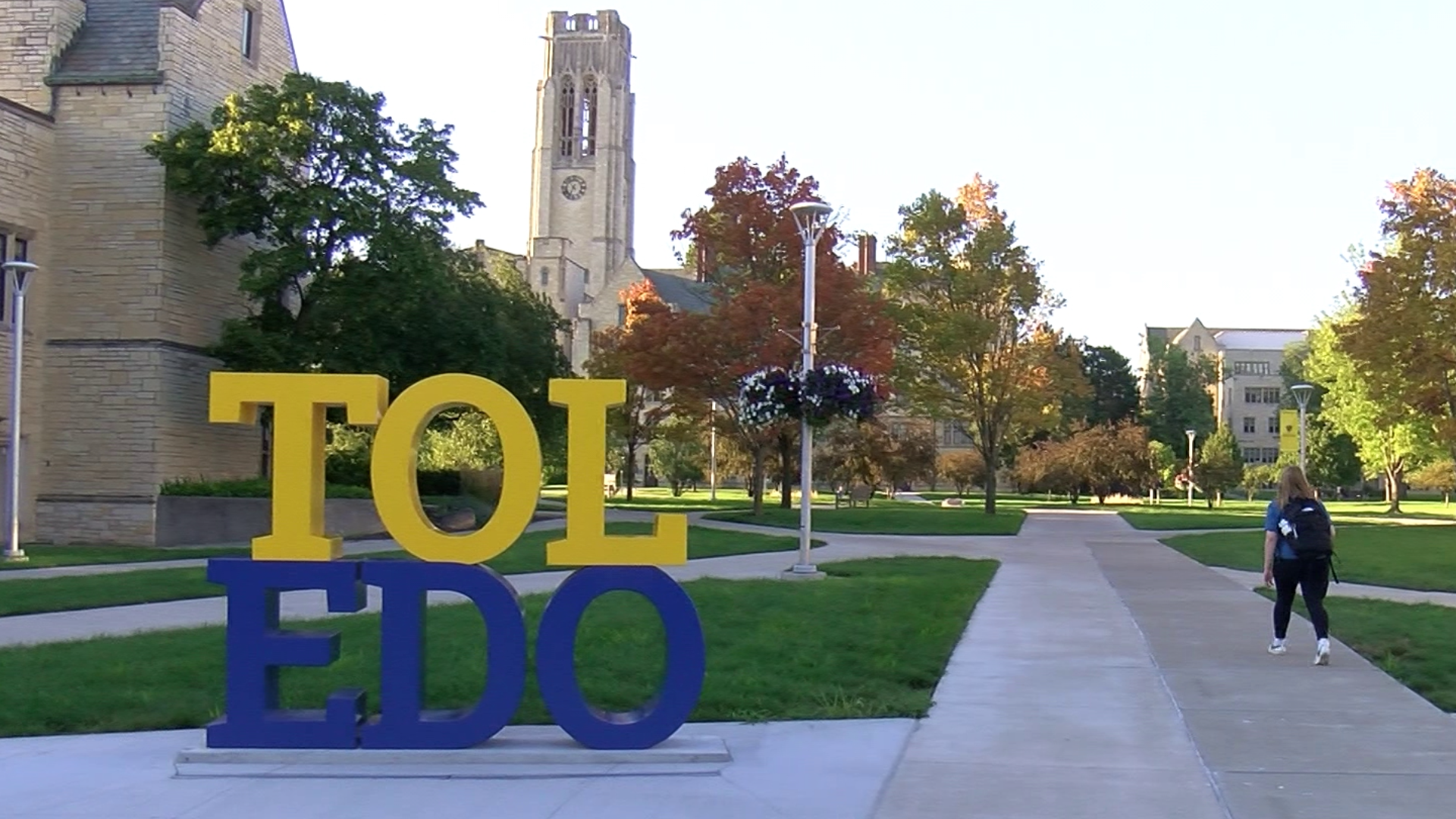TOLEDO, Ohio — Back in January, Irene Blue and her son, Joshua, were at an event for Martin Luther King Jr. Day and were told by a donor that Joshua, a junior at the University of Toledo, should apply for a scholarship.
However, when trying to apply, they learned, "Scholarships for minority students were paused," Irene said.
According to UT, 73 scholarships were paused, totaling nearly $500,000.
These scholarships, all meant for minority students, were paused by the University after a 2023 Supreme Court ruling found the University of North Carolina and Harvard University's race-based admission standards were unconstitutional.
RELATED: Supreme Court strikes down affirmative action, bans consideration of race in college admissions
"Because of the Supreme Court ruling and the impact on admissions, that same impact has affected scholarships, so therefore, if a scholarship was targeted for an African-American, a Latino, Native American student, we can't award that scholarship," said Floyd Akins, UT's vice president for advancement.
Akins says over the last 15 months, 48 scholarships have been revised to meet necessary requirements that do not include race as an awarding benefit.
But questions remain for 25 other scholarships, which Akins says UT is still negotiating with individual donors to find an agreement for scholarship intentions.
"These scholarships are the ones that we are focusing our attention on because donors gave their money to the university for a specific purpose, that purpose can no longer be used," Akins said.
Scholarships are not the only change that some fear could impact minority students, though.
The university announced on July 18 that it was moving its office of diversity, equity, and inclusion under the division of academic affairs, which surprised local leaders.
"When we first heard of it, it was like dissolving all of it," said Rev. Dr. James H. Willis, the pastor at St. Paul Missionary Baptist Church.
That was not the university's intention, though, according to interim Provost Scott Molitor. After conversations in August, clarity was provided.
"Our intent is not to minimize or hide or get rid of those efforts," Molitor said. "In fact, our intent was to amplify them and to make sure that they extended throughout the entire academic affairs enterprise."
"After conversation with the university, they did share with us that they did not discontinue it," Willis said. "What they did do is put it under a new umbrella."
So, over the last year and change, a lot has been transformed.
But for the Blue family, they just hope opportunities for minority students don't fall by the wayside.
"We need education to be at the forefront and we need access to education and finance for education to be at the forefront and a priority," Irene Blue said.

